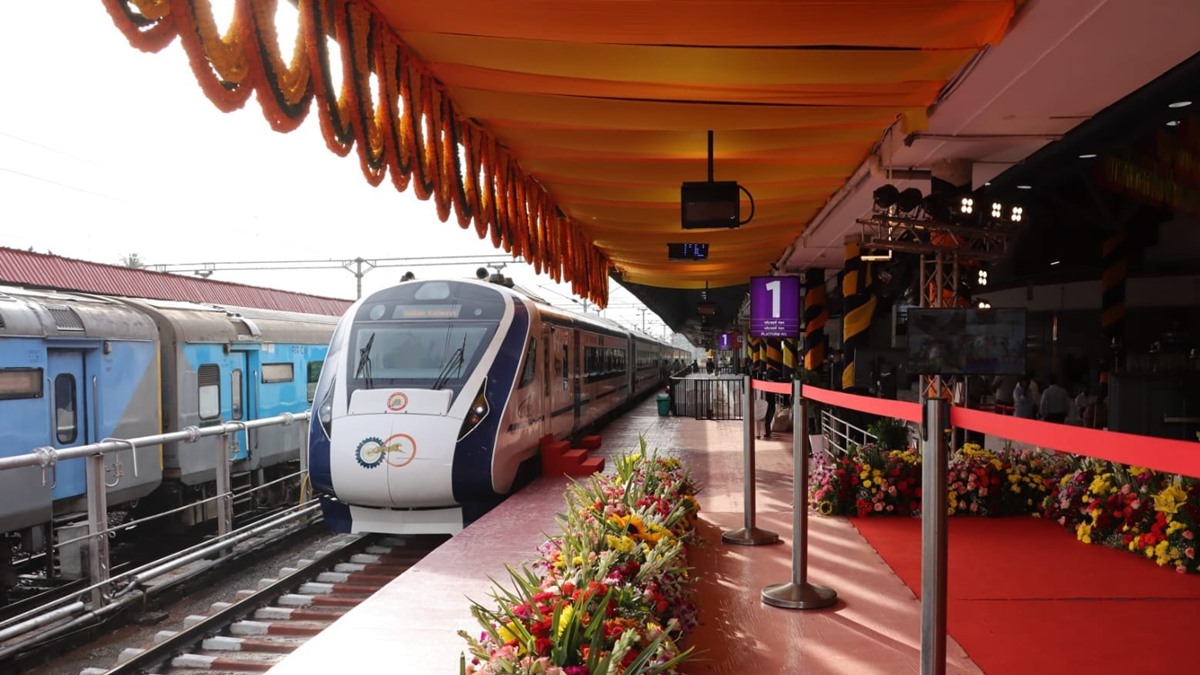
Centre may challenge order on banned groups members next week
New Delhi, Feb 20 (PTI) The Centre is consideringmoving the Supreme Court next week to challenge its order thatmembers of banned groups cannot be treated as criminals tillthey indulge in violence, arguing that police cannot wait forthem to carry out terror acts.
The central government would move a Constitution benchof the apex court to challenge the order of the two-judgebench which recently had said that mere membership of a bannedgroup will not make a person a criminal unless he resorts toviolence or incites people to violence or creates publicdisorder by violence or incitement to violence, sources said.
"The Supreme Court decision on the members of a bannedorganisation is a great concern to us. We will seek a reviewbecause of its implication... so serious nationalimplications. We will ask a constitution bench to take a viewon it," Union Home Secretary Gopal K Pillai had told PTI lastweek.
The government''s view is that authorities cannot waitfor each individual member to commit any criminal act and itis liable to take action against him since being a member of abanned organisation, he subscribes to the ideology of thatgroup which believes in violence.
The sources contended that if the government would notchallenge the apex court order, "even members of al-Qaeda orLashkar-e-Taiba may open offices in India saying that theywould not indulge in violent acts.
"Freedom of expression is one issue but joining anorganisation which indulges in violence is a completelydifferent matter," they said.
Justices Markandey Katju and Gyan Sudha Misra''sFebruary 4 ruling was part of a judgement acquitting ArupBhuyan, convicted by a Guwahati court under the now lapsedanti-terror law Terrorist and Disruptive Activities(Prevention) Act.
Bhuyan was a suspected member of the outlawed ULFAwhich figures at the top of the Home Ministry''s list of bannedorganisations.
The trial court had convicted Bhuyan based on hisconfession to police, admissible as evidence under TADA.
Bhuyan had appealed in Supreme Court.
Allowing his petition, the court said his convictionwas based on "a very weak kind of evidence" and could not besustained in the absence of corroborative material.
On the confessions, Justices Katju and Misra expressedstrong views.
"...as is well known, the widespread and rampantpractice in the police in India is to use third-degree methodsfor extracting confessions from the alleged accused. Hence,the courts have to be cautious in accepting confessions madeto the police by the alleged accused," the Bench had said. PTIACB SDG


 Click it and Unblock the Notifications
Click it and Unblock the Notifications















